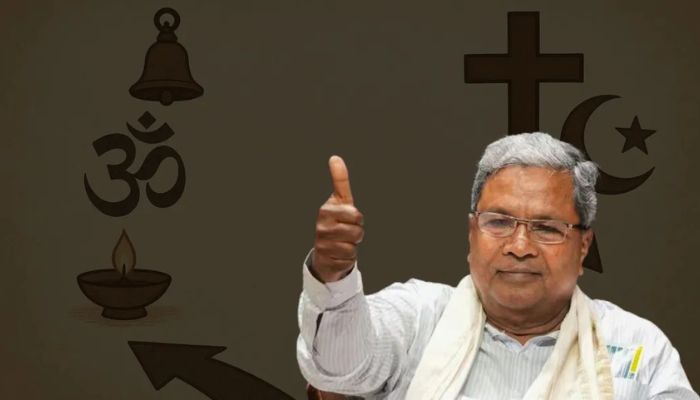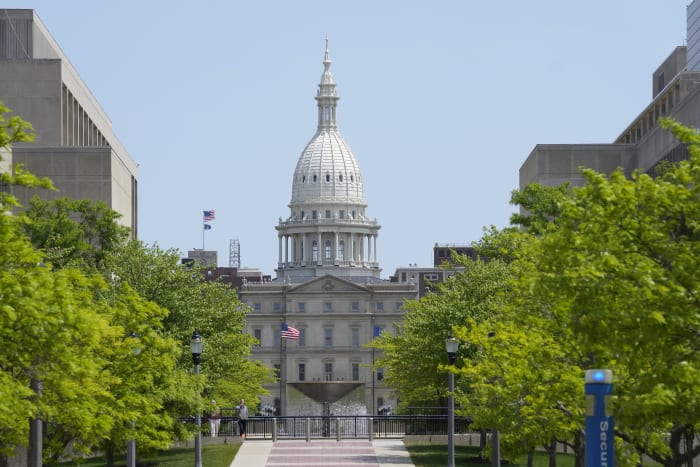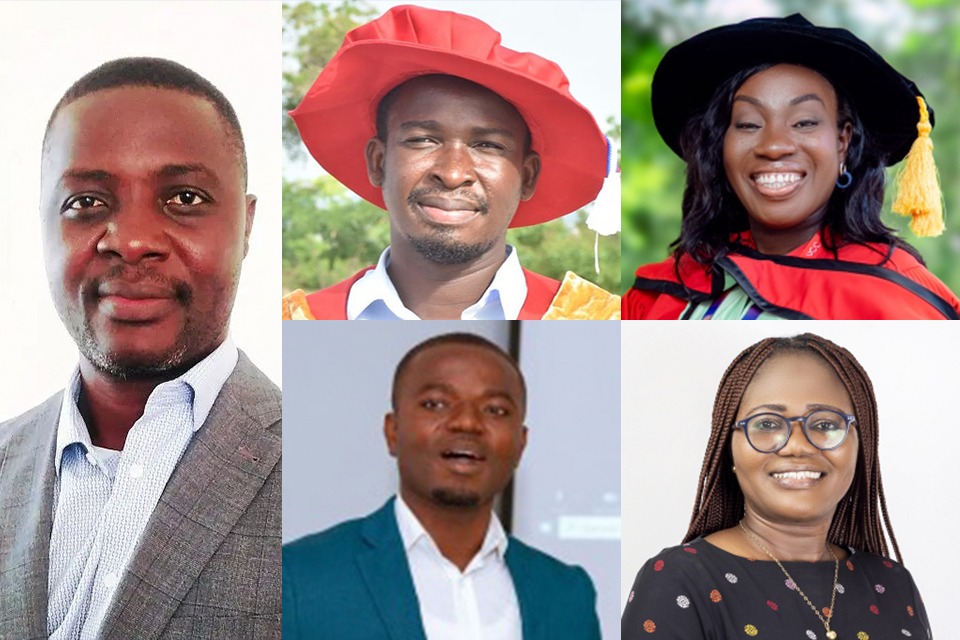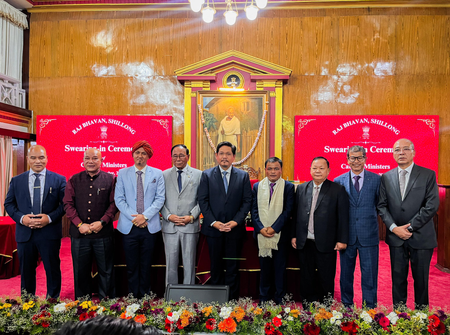Let freedom ring – Freedom Week puts a spotlight on the founding of the US, civic responsibility
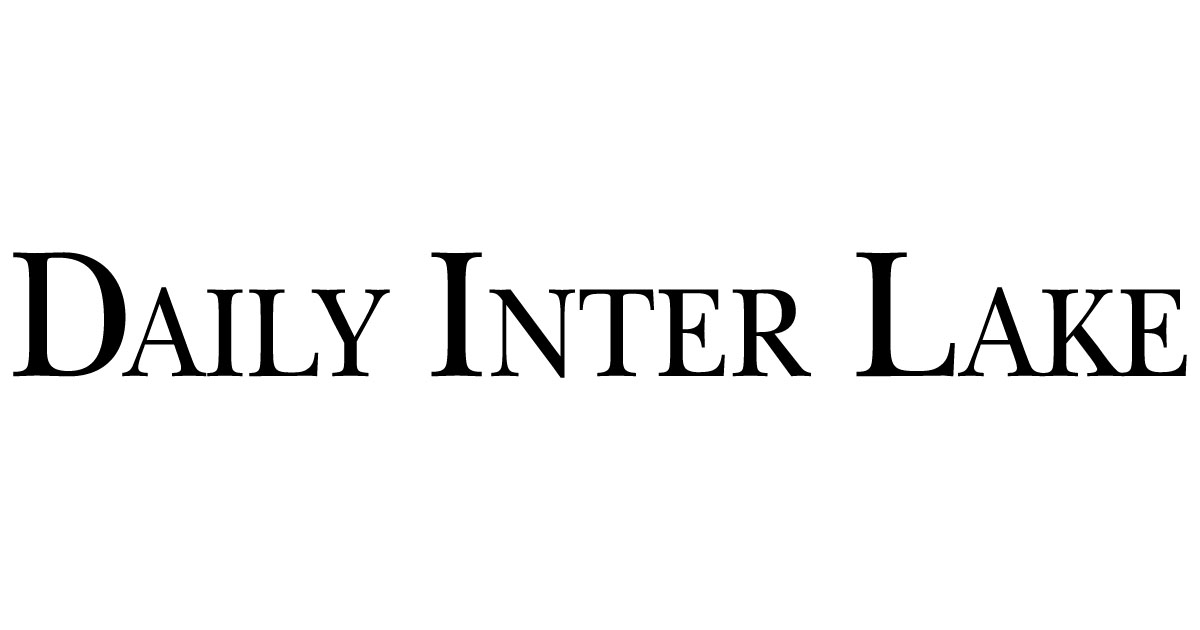
The first Freedom Week commenced across Montana public schools on Monday.
Held the last week of September, the statewide designation instituted by the 2025 Legislature puts a spotlight on the founding of the United States, civic responsibility and patriotism.
House Bill 591 emphasized the importance of educating students about “the sacrifices made during the founding of the United States and the values that underpin the nation,” to “help instill a sense of patriotism and civic responsibility among students.”
The law focuses on learning through founding documents such as the Declaration of Independence, and the U.S. and Montana constitutions to provide historical context and connection to key events in American history, such as immigration, the American Revolution, and the abolitionist and women’s suffrage movements.
Freedom Week joins a list of commemorative days codified in the bill and coincides with Citizenship Day, Sept. 17, and American Indian Heritage Day, Sept. 26. Other days schools are required to “conduct appropriate exercises” include Washington’s and Lincoln’s birthdays in February, Arbor Day in April, Flag Day in June, Columbus Day in October and Pioneer Day in November.
Montana is one of several states that celebrate Freedom Week, a list that includes Arkansas, Florida, Kansas, Louisiana, Oklahoma, Texas and West Virginia.
As part of the legislation, school boards are required to adopt a policy “to address and ensure the effective conduct of the appropriate exercises for the commemorative days.”
AT FLATHEAD High School, the social studies department took the lead with student-created public service announcements shown throughout the week. The week kicked off with teacher Cory Wilson’s western civilization students reading the Declaration of Independence. Social studies department head and teacher Kyla Niva’s students highlighted the Constitutional Convention and paid tribute to Vietnam veterans while colleague Kelli Rosenquist’s students covered the Gettysburg Address.
“Then … some students went around and did some on-the-spot interviews … like ‘What does your civic duty mean to you,’ ‘What does freedom mean to you?” Niva said.
She said students delved deeper into these topics through regular instruction. Students are required to take two and a half years of social studies to graduate from Flathead by taking western civilization, U.S. history and government.
On Tuesday, she gathered a group of juniors to share about their public service announcement projects, including Jakob Berry, Ryan Fleming, Chelsey Hart and Bryce Truscott.
The group agreed that setting aside a week in addition to class requirements served as a reminder to be an informed citizen and learn what it means to be civically engaged.
“I think it dovetails into everything else we do. We’re already doing a lot of this work. I actually had a lot of fun helping to put together the PSAs … for the entire school, rather than in individual classrooms,” Niva said, noting that students don’t take a social studies class freshman year.
“I think it’s necessary because a lot of people might have these laws and stuff [documents] go over their head instead of thinking how much of a part it plays in our daily lives,” Berry said.
“Us young adults in high school are gonna be the next [generation] — the future of America in reality,” he added.
In the Constitutional Convention skit, students wrote a script summarizing the contributions and compromises some of the delegates made, then put on wigs and costumes to portray presiding officer George Washington, James Madison, who is known as the “Father of the Constitution,” Benjamin Franklin (the oldest delegate), Roger Sherman and Alexander Hamilton.
Niva replayed the video in her classroom Tuesday where Hart, who portrayed Washington, watched it for the first time.
“I’m George Washington, and I was voted unanimously as the president of the Constitutional Convention. Although I did not initially support replacing the Articles of Confederation, I provided direction for the convention and was an advocate for a strong union,” Hart said in the video.
Berry, Fleming and Truscott paid tribute to the sacrifices Vietnam War veterans made in their public service announcement and read letters soldiers wrote home.
“We kind of just like spoke about what they went through when they were in the Vietnam War … the psychological and physical warfare,” Fleming said.
He found the letters soldiers sent home insightful and meaningful. Fleming read a Christmas letter by a soldier who talked about spending the holiday alone, opening gifts to the sound of mortar strikes.
“It was a big eye opener reading some of those letters they wrote home on how, like the two people’s [letters] we read out [loud] were completely different,” he said, which led him to ponder how many differing perspectives there were.
“… Over 2.7 million were deployed to Vietnam throughout the war,” Berry said. “That’s so many people. That’s more people than the population of Montana.”
THE GROUP was posed with the question of what freedom meant to them at this point in their lives.
“You know, to be able to have your own life … you get to choose your path … get to grow up wherever you want,” Fleming said.
“We get to choose who runs us, our country,” Berry added.
After Tuesday’s interview, the Daily Inter Lake asked Niva to reach out to students unable to participate in the interview due to scheduling or those who wanted to provide additional comments. She forwarded some responses to questions by email.
“Student civic engagement and having their voices heard is crucial for a thriving democracy and yields significant benefits for the students themselves,” junior Nick Taylor said.
Junior Logan Yuasa-Green responded to a question asking how teenagers can become civically engaged.
“I think one of the best ways for teenagers to get civically engaged, even if they don’t know where to start, is through speech and debate. It forces you to really research current issues like climate policy, education, or international relations and understand them from multiple perspectives,” Yuasa-Green said. “It’s not just about arguing; it’s about learning how the government works, what problems communities face and how different solutions might play out.”
Students were also asked why knowing the content of founding documents, such as the Declaration of Independence or the Articles of Confederation, is important.
“I think that you have to be knowledgeable with those documents so you can defend your rights,” sophomore Kris Anderson said.
